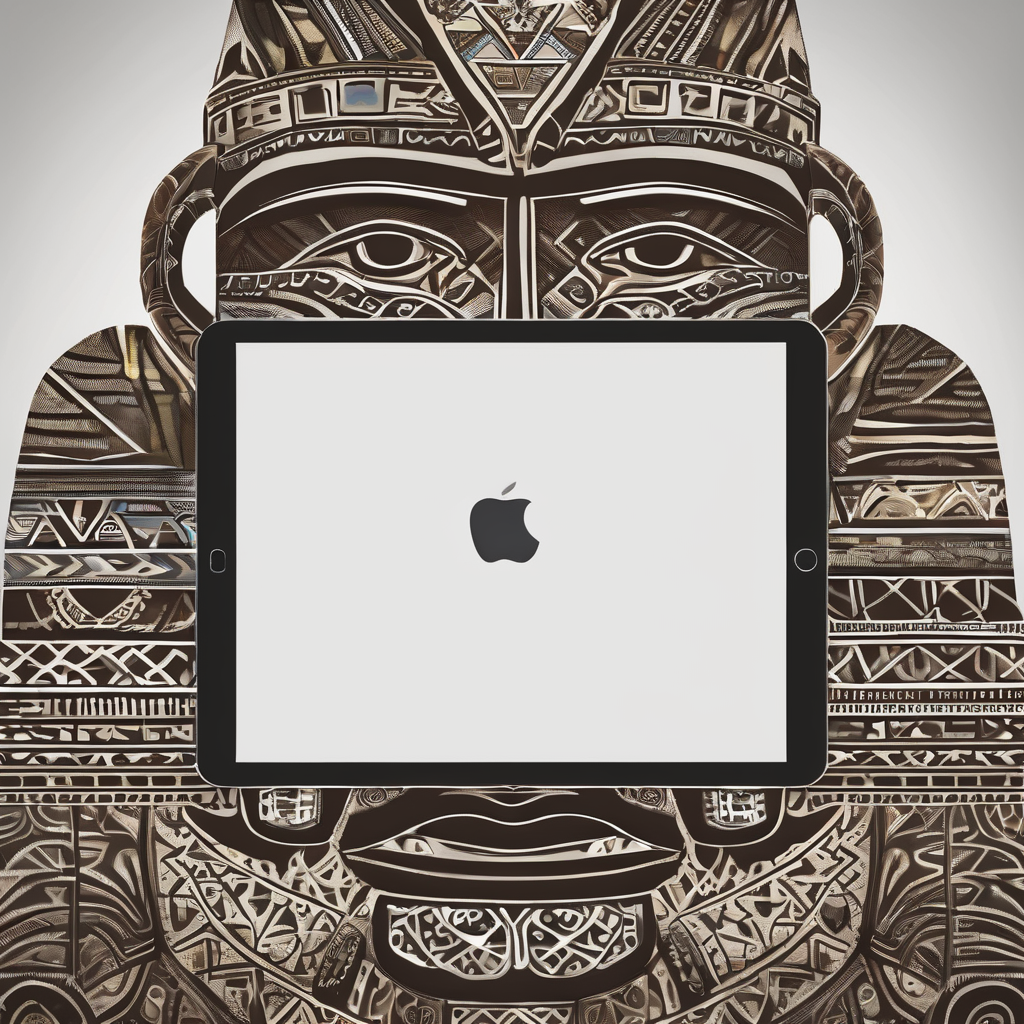During a recent screening of the film “Blackbird” at Fiji National University’s Nasinu campus, Regina Lepping, a filmmaker and cultural preservation activist from the Solomon Islands, expressed concerns about the intentional removal of certain traditions from her community. She believes that this has led to a gap in understanding the indigenous people’s historical identity and societal cohesion. Lepping notes that when foreigners share indigenous stories, they often do so through their own perspectives, which can distort the true narratives known to the communities themselves.
Lepping points out that modern culture, with its diverse influences and new ideologies, sometimes challenges the foundational elements of indigenous societies, leading to a struggle to maintain these cultural roots. She emphasizes the essential role of storytelling as a vital means for indigenous people to communicate their genuine narratives to the wider world, thus preserving their cultural heritage.
The sentiments expressed by Lepping echo a broader concern shared by many indigenous communities globally, who face challenges in preserving their cultural practices amid modernization. Similar to efforts observed in other Pacific communities, there is a growing movement towards documenting and promoting indigenous knowledge through digital means and storytelling, aiming to captivate younger generations and ensure cultural continuity amidst technological advances.
Incorporating both ancient traditional practices and modern storytelling techniques presents a promising path for cultural preservation. The integration of technology in sharing these narratives may not only bridge generational gaps but also ensure that indigenous stories retain their authenticity and continue to strengthen community bonds for future generations.
